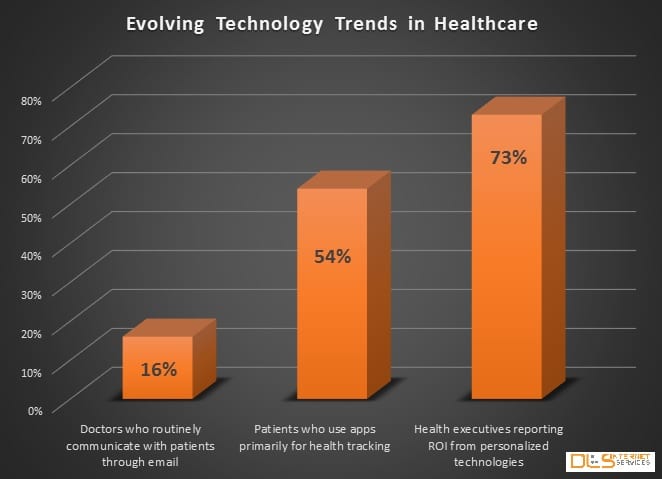As previously stated, enterprise-class organizations are jumping onto the private cloud at much higher rates than the public cloud. Why are they doing this, and will this choice of private-over-public really spell the doom of a whole generation of Chief Information Officers, as some public-cloud boosters argue?
Public vs Private: Defined
The public cloud is the cloud we’ve all heard about, a space of shared storage, of software-as-service, a place where your organization doesn’t have to own any hardware of its own. In fact, the public cloud is sold as a place where your organization doesn’t need to hold any software of its own either, or really much of anything other than a few shipments of smartphones and tablets.
By contrast, the private cloud is a remote-hosted network solution that offers just about all of the streamlined benefits of the public cloud, but with a lot more control and security. In the public cloud the infrastructure hosting your network is shared with a bunch of other organizations. In fact, the infrastructure is shared with as many other organizations as your service provider thinks they can cram on theirs. By contrast, in the private cloud your organization’s data and applications are stored and managed through infrastructure that’s used exclusively by your own organization.



